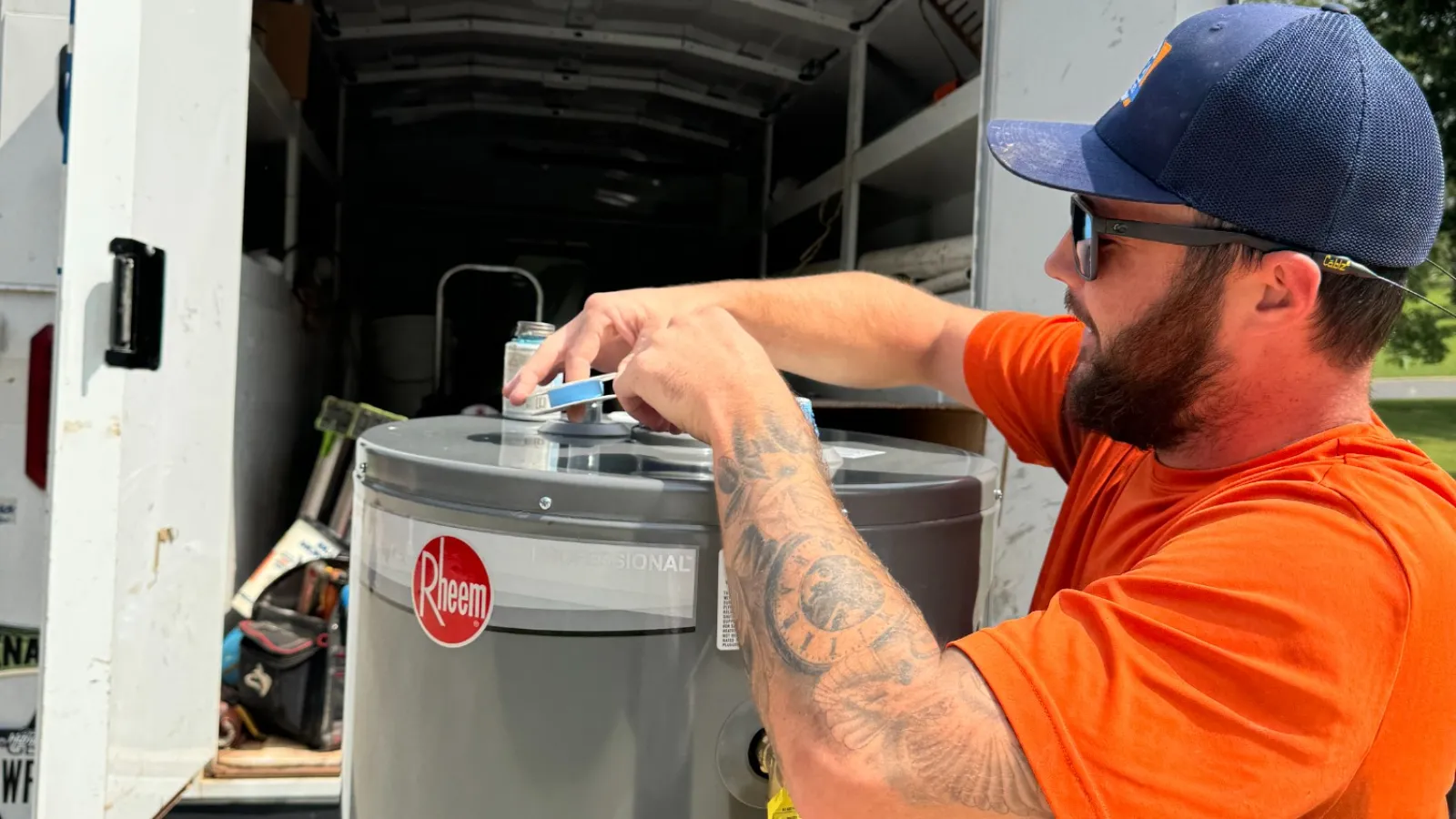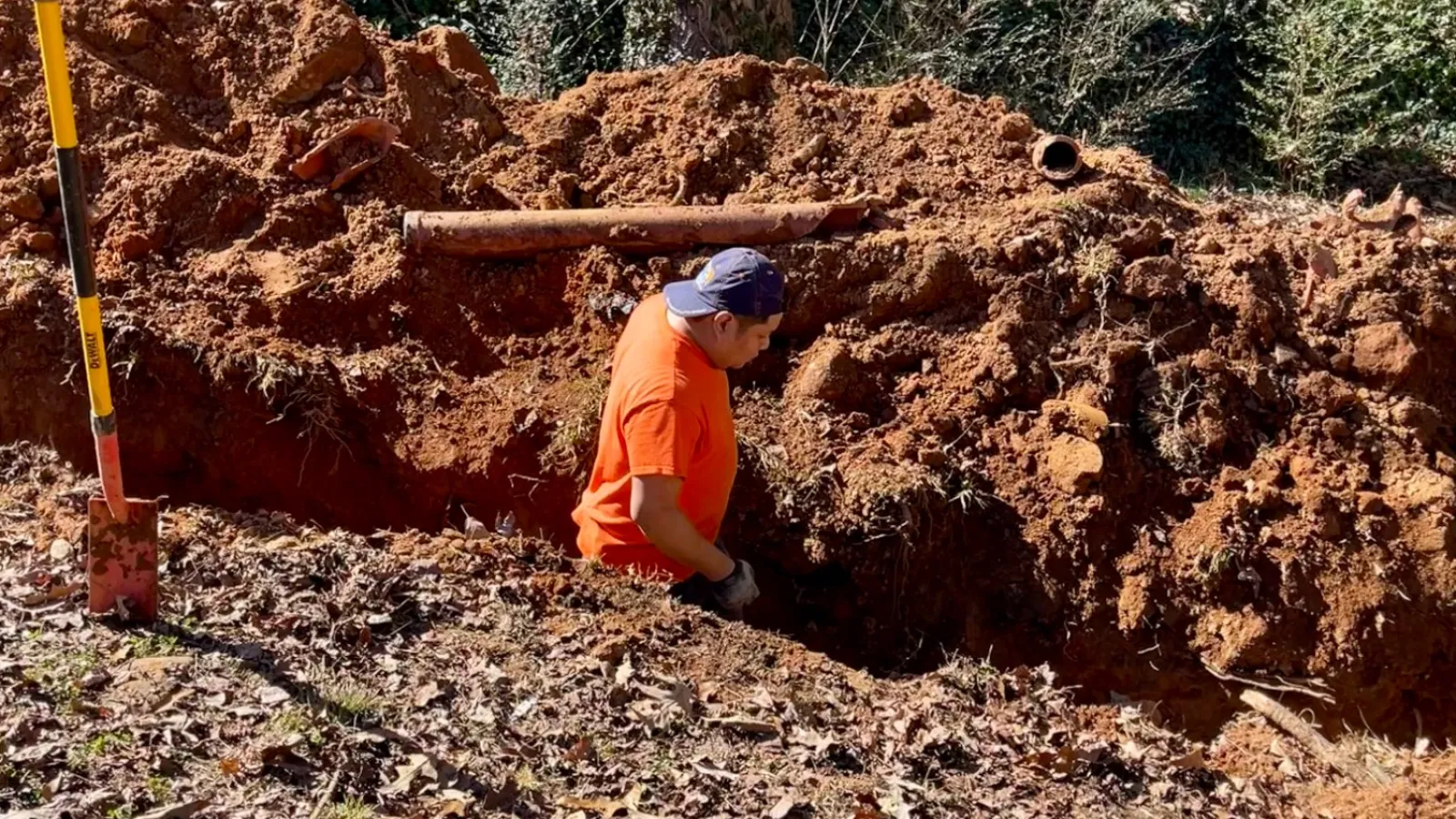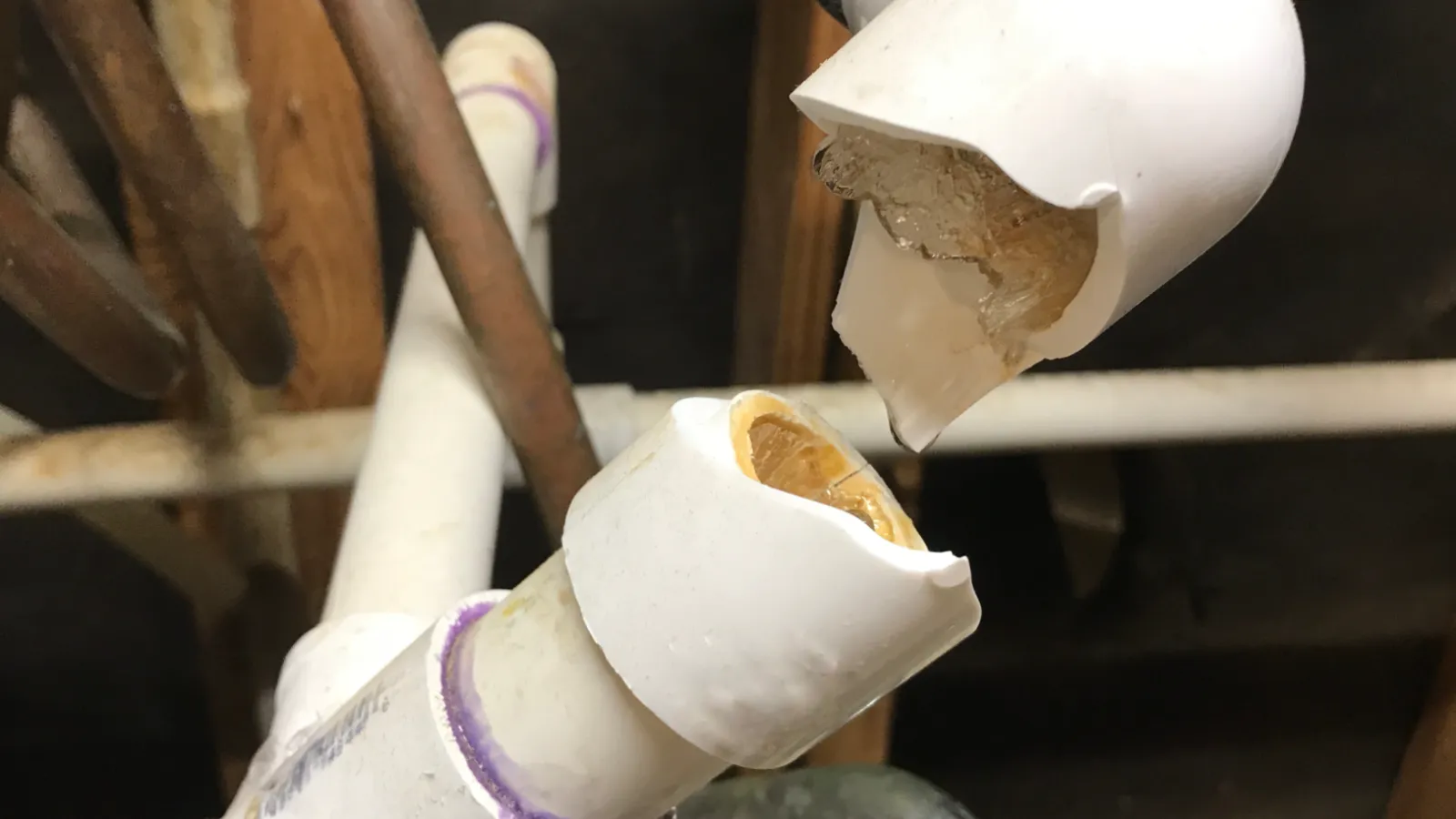Like most homeowners, you probably spend a few minutes each month glancing at your water bill to see if it's gone up or down. If you notice a sudden spike in your bill, it may mean a leak is present somewhere, you've been watering the grass too much or family members are taking longer showers.
What Causes a Slab Leak?
First, let's discuss some of the common causes of slab leaks. Unfortunately, slab leaks can be fairly common in older homes that are built on concrete slabs. Older homes often have older plumbing pipes, which can crack or break over time. Aside from owning a home with older pipes, some of the other causes of slab leaks include:
● Movement of the earth. Earthquakes can cause slab leaks due to the shifting of the earth beneath the slab. Soil erosion and underground waterways can also cause the soil to shift, leading to damaged pipes.
● Corrosion from water. Both hard and soft water can cause corrosion to the plumbing pipes under the slab, leading to leaks. Hard water has a high content of minerals such as calcium and magnesium which can cause pipes to deteriorate over time.
● Abrasion. The movement of water through the pipes to various appliances throughout your home can cause the pipes to rub up against the concrete. Over time, the pipe's walls can become thinner due to the friction and cause a leak.
● Deteriorating pipes. Older pipes, especially copper pipes that were used in homes before the 1960s, are prone to wear down over time, resulting in-slab leaks.
● High water pressure. High water pressure can also cause the pipes below your slab to break or collapse.
Signs of a Slab Leak
Fortunately, there are signs to watch for that indicate a slab leak. They include:
High Water Bills
Did you do a double-take on your recent water bill? If you're experiencing higher water bills without any clear reason why it could be the result of a crack in the pipe below the slab or foundation. Contact a plumber to inspect for a cracked pipe to see if that's the issue.
Wet Floors
When a pipe breaks or is leaking beneath your home's flooring, you may notice wet carpeting or wood floors. This can cause wood floors to warp and discolor.
Strange Smells
When moisture seeps into your home's flooring, it can lead to the formation of mold, especially when the padding below the carpet begins to absorb moisture. You should replace the padding on the carpet as soon as possible to avoid mold growth and odors across your home.
Low Water Pressure
Low water pressure can also be a common sign of leaks under the concrete foundation, especially if there's a significant leak. If you notice a decline in your home's water pressure without any clear sign, contact a licensed plumber.
Other Possible Signs
Some other possible signs that indicate there may be slab leak include:
● Sounds of running water even when all of the faucets are turned off
● Unusual hot spots on the flooring that you've never noticed before
Contact Estes Services for Plumbing Repair and Installation Service
A leak under your home's foundation can lead to serious damage and health issues due to the possible presence of mold. If you suspect a slab leak, contact us today to schedule an appointment.



